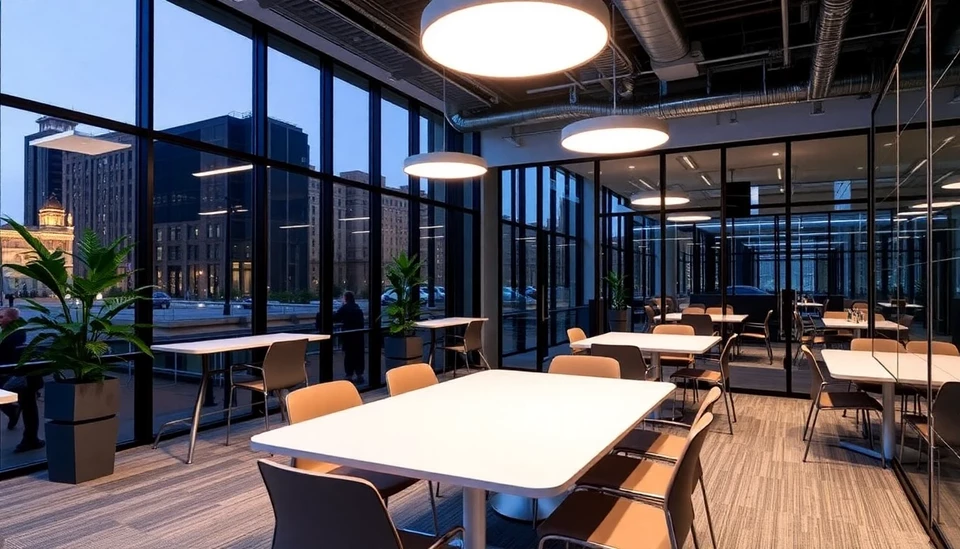
Allstate Corporation, a prominent player in the insurance industry, is taking a progressive step by rethinking its workspace strategy. The company is expanding its flexible office offerings, which will cater to the evolving needs of its employees. The new initiative focuses on creating collaborative environments that promote productivity and teamwork while accommodating a range of working styles.
As part of this transformation, Allstate plans to establish coworking spaces that inspire creativity and provide employees with the freedom to choose how and where they work. This shift comes in response to a growing trend of flexible work arrangements that have become increasingly popular, particularly following the challenges presented by the pandemic. Allstate's move signifies a broader change across various industries as companies recognize the importance of agility in their workplace environments.
The initiative aligns with a larger vision to enhance employee engagement and satisfaction. Allstate's leadership believes that the traditional office setup may not meet the diverse needs of its workforce in today’s dynamic work culture. By integrating coworking spaces into their office designs, Allstate aims to foster an atmosphere that encourages collaboration and creativity among its employees.
This new strategy not only benefits employees but also positions Allstate competitively within the insurance sector. As companies adjust to the hybrid model of work, those like Allstate that offer modern and flexible workspaces will likely attract and retain top talent. The company’s innovative approach could serve as a template for others in the industry, illustrating how flexibility can enhance operational efficiency and employee morale.
Through this endeavor, Allstate also demonstrates its commitment to sustainability and resource optimization. By making more adaptable work environments, the company can reduce overhead costs associated with maintaining traditional office spaces. This strategic investment not only reflects a shift in workplace culture but also aligns with evolving employee expectations regarding work-life balance and autonomy.
As Allstate continues to implement these changes, the impact on its organizational culture, as well as employee productivity levels, will be closely monitored. The outcomes may set a precedent for the future of corporate workspaces, emphasizing the significance of adaptation in a rapidly changing corporate landscape.
In conclusion, Allstate’s bold move to incorporate flexible office spaces and coworking environments represents a significant shift in the traditional workplace model. This initiative not only prioritizes employee needs but also positions the company for long-term growth and sustainability in the competitive insurance market. The industry's eyes will undoubtedly be on Allstate as it navigates this crucial transition.
#Allstate #FlexibleWorkspaces #Coworking #Innovation #EmployeeEngagement #WorkplaceCulture #InsuranceIndustry
Author: Victoria Adams
